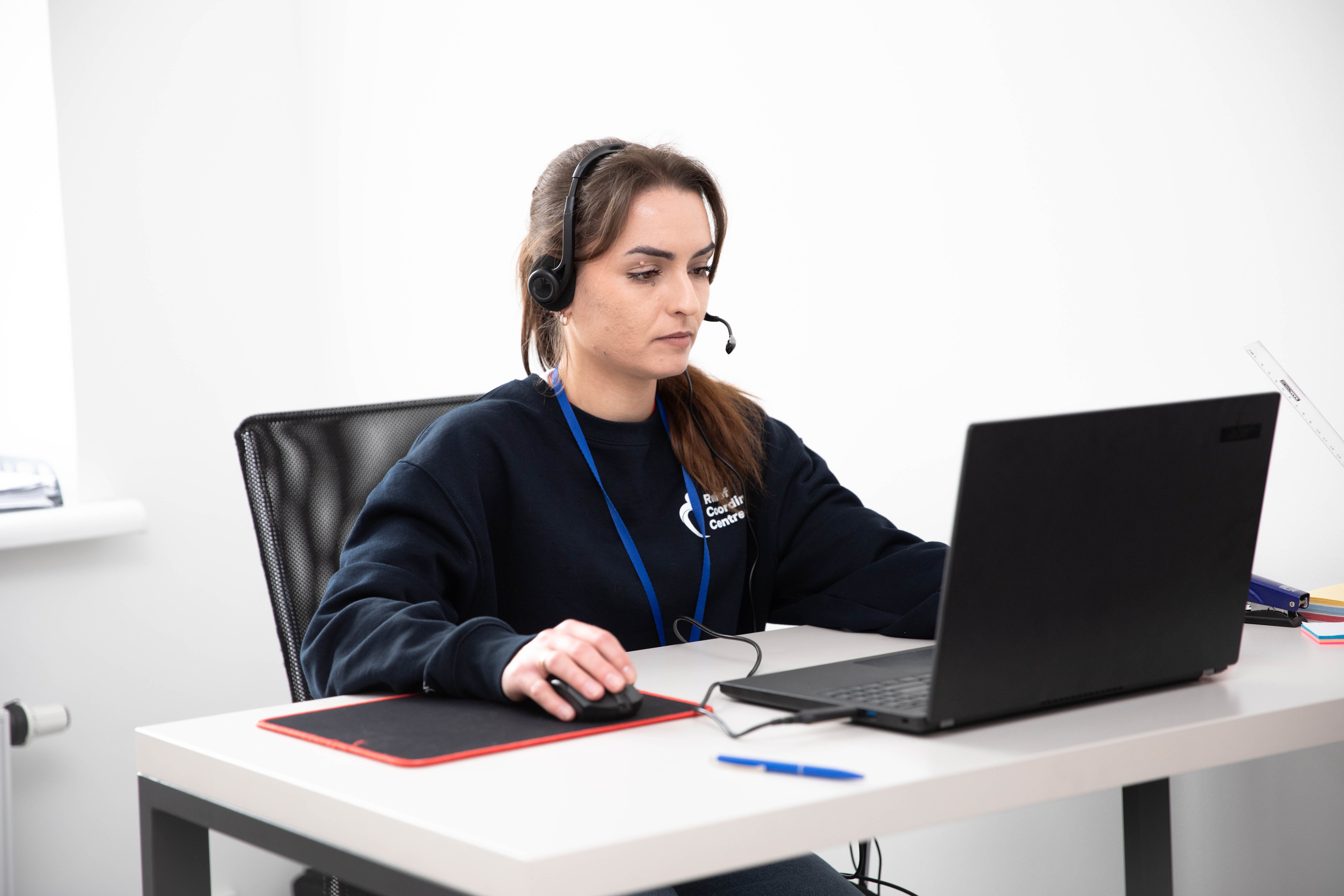Za
RCC news
The Charitable Organization "Relief Coordination Centre" has successfully completed certification in three additional key areas of humanitarian demining
Technical Survey – identification of the type and extent of contamination by explosive ordnance, followed by the development of an appropriate action plan.
Manual Demining – thorough clearance of contaminated areas by deminers operating in complex and hazardous conditions.
Mechanical Demining – the use of specialized equipment to clear large areas, increasing both the efficiency and safety of operations.
During the certification process, the team demonstrated a high level of preparedness and coordination. We successfully proved both our technical readiness and our understanding of the key procedures, standards, and requirements governing humanitarian demining at the international level.
As a result, the Charitable Organization “RCC” is now officially recognized as a humanitarian demining operator authorized to conduct six core processes in mine action in Ukraine. This recognition enables us to participate in national and international programs focused on the clearance of explosive remnants of war.
This is a significant milestone for our organization and a major step toward a safer future for Ukrainian communities.
This achievement was made possible thanks to the efforts of a strong team:
Certification is more than a formality.It is a recognition of our capability to operate in the active phase of humanitarian demining and to contribute meaningfully to restoring safe living conditions for civilians.
.jpeg)
The Rapid Response Team continues its 24/7 operations — wherever help is needed
Rapid Response Team (RRT) is a coalition of local and international organizations established to provide a coordinated response to emergencies and mitigate their consequences.
The work of the RRT is carried out in two stages: first — rapid monitoring of the situation, damage assessment, and identification of urgent needs; second — implementation of comprehensive measures to assist affected populations and reduce the impact of the crisis.
Since the beginning of its operations, the RRT has achieved the following results:
Kharkiv
— 150 rapid deployments
— 25,600 windows sealed and secured
Zaporizhzhia
— 36 rapid deployments
— 2,048 windows sealed and secured
These accomplishments are the result of the joint efforts of hundreds of individuals and numerous partner organizations.
Protecting Volunteers — Daily and Systematically
As of early May, 708 volunteers have been insured, including 357 men and 351 women. The initiative has already been joined by 42 organizations from the Kharkiv, Donetsk, Zaporizhzhia, Dnipropetrovsk, and Sumy regions, whose representatives have received appropriate coverage.
The process is ongoing, as this remains one of the key mechanisms for ensuring the safety of those working in high-risk conditions and providing daily support to civilians.
Volunteers who have already completed the insurance process emphasize its practical value as a tangible form of support while carrying out humanitarian missions.

A total of 56 mini-grants amounting to €112,000 were awarded to civil society organizations (CSOs)
CO “Relief Coordination Centre”, in cooperation with its partners, is implementing a project to support civil society organizations (CSOs) engaged in evacuating civilians, sealing damaged buildings at missile strike sites, and conducting other emergency response activities aimed at assisting those affected by Russian aggression in Kharkiv and Zaporizhzhia regions.
As part of this project, CSOs receive mini-grants of €2,000 each to support their operations.
To date, 56 mini-grants have been issued, totaling €112,000.
The next phase of the project will focus on the development and recovery of communities in the Kharkiv and Zaporizhzhia regions. In this phase, grassroots initiative groups operating at the local community level will have the opportunity to receive mini-grants of up to €5,000 to implement projects aimed at restoring infrastructure and revitalizing social life in affected settlements.

As part of the “The Mineless Home” project, implemented by CO “Relief Coordination Centre” in cooperation with the Mine Action Coordination Centre under the Kharkiv Regional Military Administration, a specialized hotline for mine action issues has been launched.
This important step is part of a comprehensive approach to addressing the problem of landmine threats in the Kharkiv region. The hotline is intended to ease the workload of the State Emergency Service (SES) and assist in creating an up-to-date mine contamination map for the region.
Despite the availability of the general emergency service (101), the newly launched hotline provides specialized consultations to citizens on mine safety issues, including:
• what to do if suspicious or explosive objects are found;
• how to protect oneself and loved ones;
• how to report potentially dangerous areas.
The hotline enables residents to promptly report suspicious objects or receive necessary advice on mine-related hazards.
This ensures faster response to threats, raises public awareness, and helps create safer living conditions for the people of Kharkiv region.
Hotline number:
0800 33 10 40
All calls are free of charge.